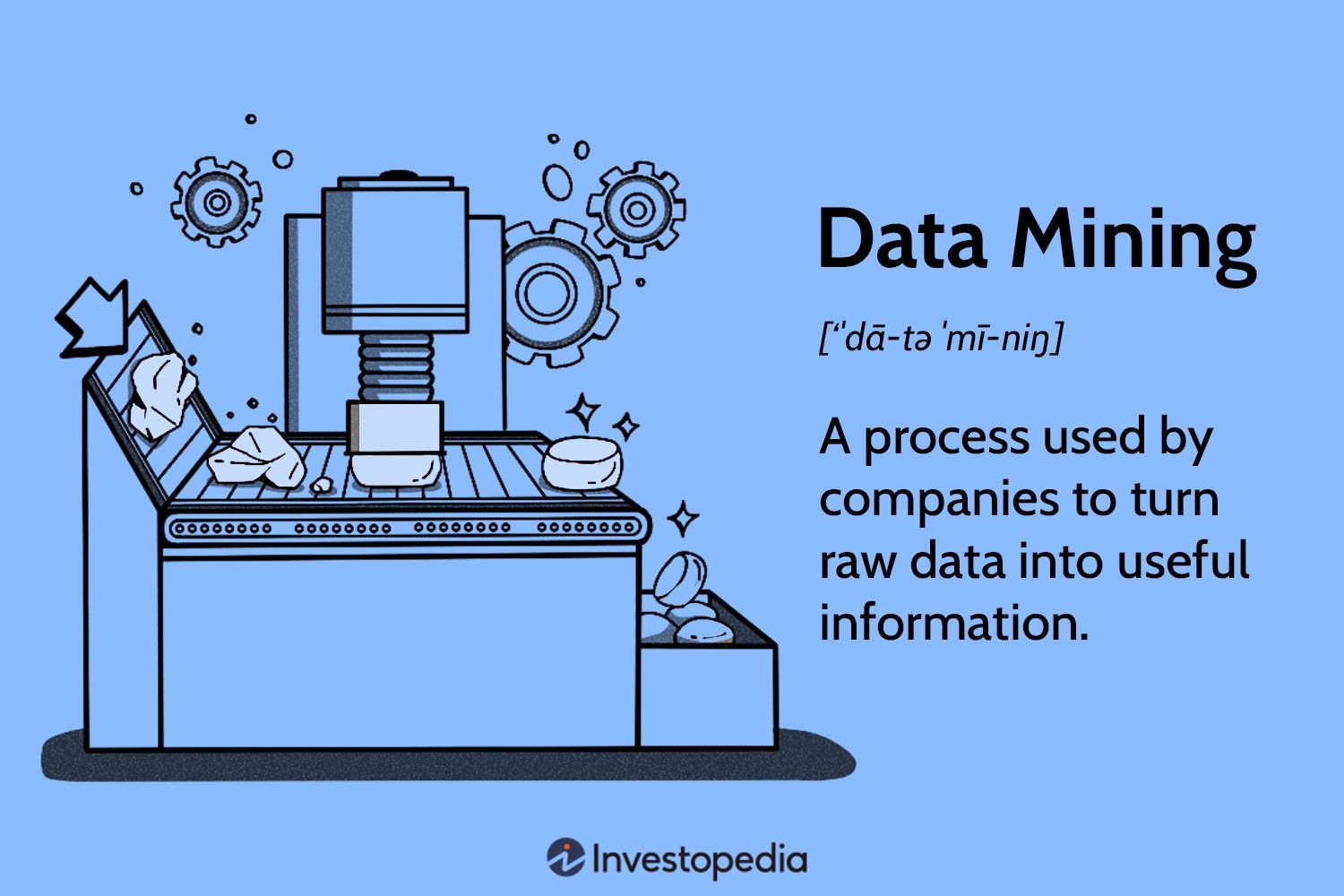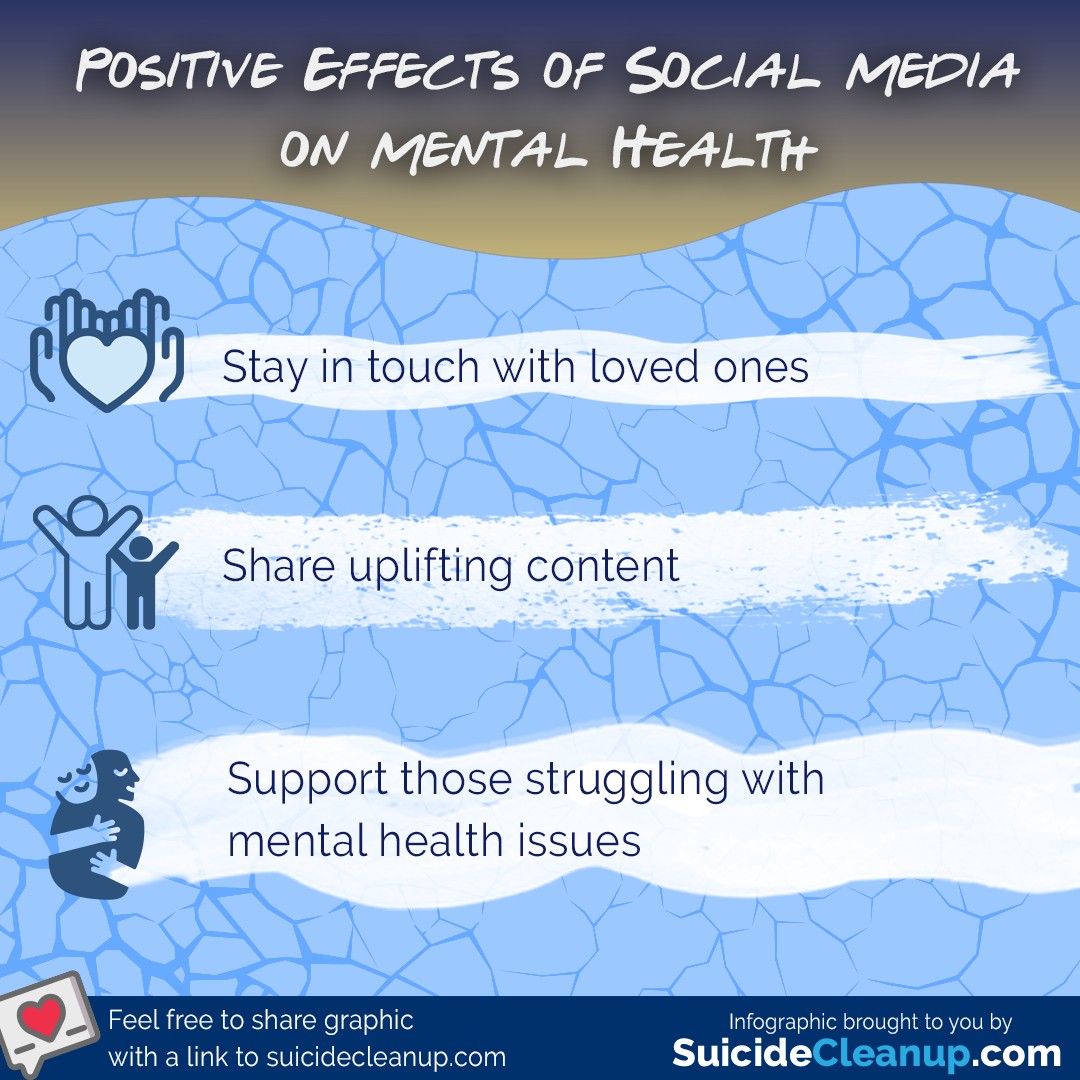Ethical Use of social media means that users should respect the privacy and rights of other people. They should not be showing behavior that includes derogatory slurs, being abusive, or cyberbullying.
Social media’s role in contemporary society can help provide and update news to billions of people across the world. It keeps people in the world updated with what is happening around the world and can inform people with information through articles, advertisements, and many other ways of communication.
The ethical use of social media is a significant topic for discussion because it can open up new viewpoints of how social media should be used and why it is important.
 Hover over to use rollover
Hover over to use rollover
Social media handles user data by using cookies, geofencing, and cross-site tracking. They use these to gain more information on what the user is interested in. It can be used to target advertisements to what they think the user would like.
Data mining, surveillance, and mis-use of personal information are big parts of the internet. Data mining analyzes large datasets to show patterns and relationships that the user shows. Social media platforms use this to be able to know what the user is interested in, and they can then target better advertisements to the user. Governments can use social media to monitor posts that users make, track their location, and access private messages. A downside of this is that it can invade the user’s privacy, especially in private messages. Many social media sites, like LinkedIn and Facebook, risk their users’ personal information to third party businesses. This data can be sold. It can be used in ways that can harm the users, like identity theft or stalking.
Social media platforms can face ethical dilemmas for how they can advertise, while respecting the user’s privacy. Even though it can make the user’s experience of the platform better, it can often need to use the user’s data.
 Hover over to use rollover
Hover over to use rollover
The effects social media can have on mental health can be good, but it can also be negative. There are many factors as to why social media can negatively affect your mental health, leading factors of this are stress, social comparison, chronic addiction to social media, and cyberbullying. One of these factors, chronic addiction, can affect your mental health because it can stunt your ability to be able to socialize in real life. One of the biggest factors is cyberbullying. Cyberbullying can really affect a person’s mindset. It can lead to depression, decrease your social life, and can even lead to suicide.
Social media can both positively and negatively affect your mental health because it can bring you joy, but can also ruin your mental health. Social media can bring you joy because you are able to connect with your friends online by social media platforms like Instagram, Snapchat, and Discord. Even though you can contact your friends and even make new friends on social media, there are a lot of bad people out there that will try to bully you and make you feel bad. T hey can steal your identity and pretend to say something bad to you. This can lead to you losing friends and it can affect your mental health.
Social media platforms are responsible for addressing concerns about their users’ mental health by penalizing people who cyberbully others. Most social media platforms have a ban system where the user can report the bully, and the platform admins check the cyberbully’s messages and ban the cyberbully. This can greatly reduce the spread of negative mental health issues because it allows less hate to spread onto the internet.
 Hover over to use rollover
Hover over to use rollover
Social media plays a primary role in spreading information, especially news, around the globe. Because social media can spread information around the world, and quickly, both accurate and false information can spread around quickly. A good way to get a credible source of information is to go on a news channel and see what is happening. This is mostly because the news channels get information faster than others, and it is unbiased. On social media platforms like X, false information can spread very quickly. This can lead to people believing in false information and spreading a lot of chaos online.
The ethical implications of misinformation and the spread of fake news are extreme. They weaken the public's trust in news sources. Spreading misinformation online can trick people into believing something that isn’t true and cause them to make bad decisions based on those falsehoods. Spreading misinformation about a person, a culture, or a country can lead to a lot of hate aimed towards those things. It is very important always to gain your knowledge from a credible source.
Social media and users can combat misinformation by always gaining your information from a credible source. By doing this, you can almost always be sure that you are gaining accurate information, therefore not helping spread misinformation online. You can also combat misinformation by not believing in everything that you see. By doing this, you can look at other sources and see if anything they say contradicts the first source.
 Hover over to use rollover
Hover over to use rollover
Social media affects relationships in both good ways and bad ways. They can either help you gain connections or even make you feel alone. Social media can help you gain and stay connected with your friends because it creates a bridge between you and your friends where you can contact each other even if you guys aren’t nearby. Although it can help you gain friends, it can also make you feel lonely. Your friends can post pictures online of themselves all going out except for you, and that can make you feel alone and isolated.
Online interactions can come with important ethical considerations like respect, empathy, and digital citizenship. Respect involves treating others kindly, avoiding behaviors like cyberbullying, and respecting each others’ property. Empathy is about understanding and considering how your words might affect others. You should always make sure to be kind online and think about what you say before saying it. Digital citizenship means using the internet responsibly, being aware of the consequences of your actions, and contributing positively to the online community to create a safe and constructive digital environment.
 Hover over to use rollover
Hover over to use rollover
I can apply ethical principles to my online behavior by making sure that I am always kind online and that I don’t do anything bad online. I can make sure of this by not cyberbullying, thinking about what I’m saying before I say it, and helping other people out.
Social media can promote ethical practices online by having popular celebrities give out messages online about the importance of being kind to each other and why it’s bad to cyberbully. They can also put filters on texts that have any derogatory terms, or anything that can offend someone.
The ethical use of social media involves respecting each others’ privacy and rights, avoiding harmful behaviors like cyberbullying, and using platforms responsibly. Social media plays a big role in spreading information and connecting people globally, but it can also raise concerns about privacy, mental health, and misinformation. Privacy issues arise from data mining and surveillance, which can lead to misuse of personal information. Social media can positively affect mental health by keeping connections, but it can also cause harm through cyberbullying and social comparison. Additionally, spreading misinformation on social media can have severe consequences, leading to distrust and poor decision-making.
Recommendations for social media users is to always be kind, and considerate when speaking online, avoid cyberbullying, be informed by a credible source when gaining information, and be careful of what you are letting people know online.
Issues in Ethics: Ethical Use of Social Media
How do social media platforms handle and protect user data?
Data mining: an overview from a database perspective
Social Media and Mental Health
How Social Media Affects Your Teen’s Mental Health: A Parent’s Guide
How misinformation spreads on social media—And what to do about it